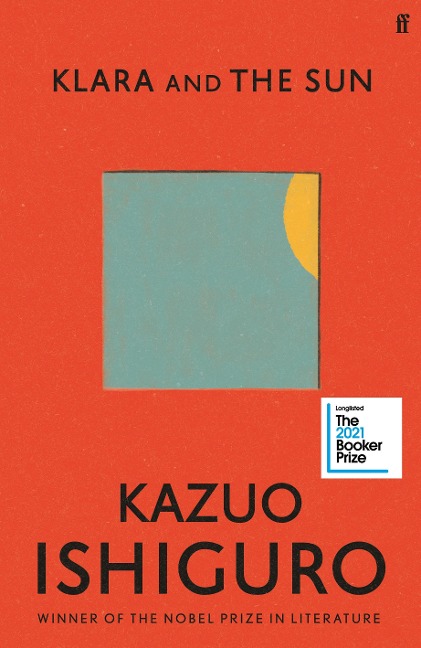

Klara sees “the Beggarman” lying in a doorway across the street with his dog. The Manager worries Klara won’t be sold as she’s becoming outdated and so places her in the window again. The Manager warns Klara about the danger of trusting human promises, but Klara remains resolute, waiting for Josie. Klara avoids other children who come into the Store, even going so far as to flout her own programming. One day when Klara is seated in the window, she interacts through the glass with a fourteen-year-old girl, Josie, who promises to return for her. Klara tells us she enjoys being in the window not just for “the Sun’s nourishment or being chosen,” but because she’s “always longed to see more of the outside-and to see it in all its detail.” When our own world is on lockdown, it’s a particularly poignant confession, and part of the work Ishiguro does in making Klara so very sympathetic: we yearn along with her to see more of “the outside.” We learn about the world through Klara’s eyes, a perspective full of wonder, distinctly non-human observations, a world where the “Sun” is an all-powerful being: a normal enough perspective for a solar-powered android.

Ishiguro’s genius is evident in his precise work of writing Klara’s developing world view as she observes the activities in the store and everything she sees outside the window.

Klara’s world begins in the “Store,” where she is on display every day, sometimes in the much-coveted “Window.” As more advanced AF models arrive, she is increasingly placed at the rear of the store. Klara’s unique perspective draws us into her world: a near-future dystopia where children are “lifted” (genetically modified) in order to succeed, and those who aren’t are marginalized with little hope of a future. The narrator is Klara, a human-like android known as an Artificial Friend or “AF,” explicitly designed to be a companion for a human child. Klara and the Sun, Kazuo Ishiguro’s first novel since his Nobel Prize (2017) explores the nature of human love and the ethics of Artificial Intelligence.


 0 kommentar(er)
0 kommentar(er)
